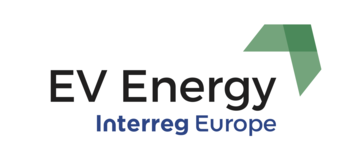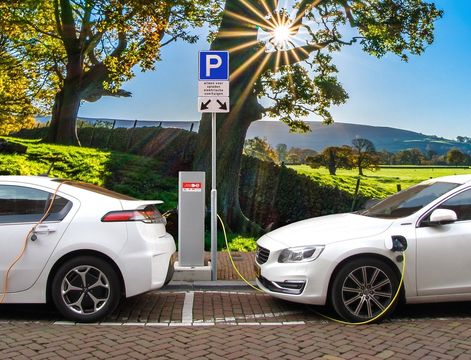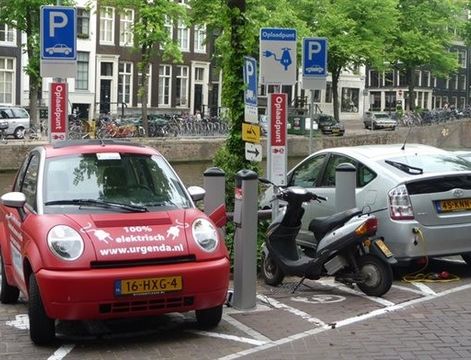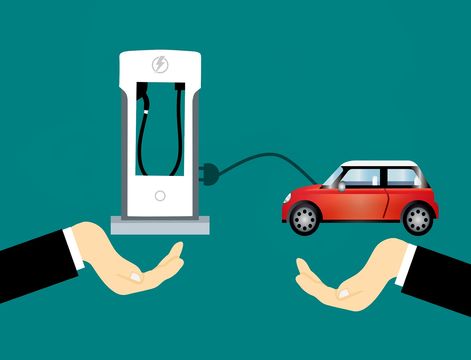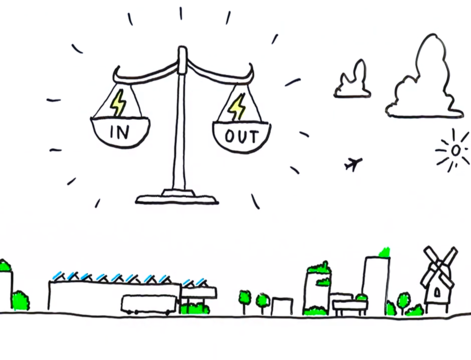Lithuania aims to reduce pollution from mobility by increasing the number of electric vehicles (EVs) on Lithuanian roads. This is planned to be achieve by developing EV charging infrastructure and by motivating people to use more EVs. Motivation of people to use more EVs can be increased by providing neutral and detailed information about EVs, charging infrastructure and services. Meanwhile, encouraging private investors to take action can soften the lack of EV charging infrastructure.
Within the experience of EV Energy project, the Lithuanian partner from Kaunas University of Technology (KTU) supports the Ministry of Transport and Communications of the Republic of Lithuania to find solutions on how to promote EV mobility in the country. To this end, a Regional Action Plan has been developed in the frame of EV Energy. The Action Plan outlines in detail how to improve Lithuania’s policy based on lessons learnt from the cooperation with project partners and stakeholders from other participating regions.
The specific policy considered in this case is included in the Operational Programme for the European Union Fund’s Investment in 2014-2020 for the Republic of Lithuania. Specifically it concerns the priority 4.5 “Promoting low-carbon strategies for all types of territories, in particular urban areas, including the promotion of sustainable multimodal urban mobility and mitigation relevant adaptation measures” which belongs to the OP priority axis 4, promoting energy efficiency and production and use of renewable energy. The specific objective (4.5.1) of the priority 4.5 is to “Promote sustainable mobility and develop environment-friendly transport to reduce carbon dioxide emissions”.

Picture: Project partners from KTU at EV ENERGY conference in Flevoland with Stakeholder Aiste Gasiuniene from the Ministry of Transport and Communications of the Republic of Lithuania (in the middle)
This specific objective will be addressed by the actions presented in this Action Plan. Concretely the following measures are proposed:
- Action 1: Development of EV charging network and
- Action.2: Development of EV supporting website.
The Action Plan specifies the nature of the actions to be implemented, their timeframe, the stakeholders involved, the costs and funding sources.
Regarding the Action 1, the Ministry of Transport and Communications of the Republic of Lithuania initiates the development of EV charging stations along Lithuanian highways and main roads. This action motivates private businesses and municipalities to take action and develop infrastructure within the cities.
Regarding the Action 2, the non-profit organisation, Environmental protection institute (AAI), started a Lithuanian EV-related website (www.ELV.lt), which gives a broad information about EV types, charging infrastructure, car-sharing, services and other important information.
These actions were inspired by good practices from Catalonia (PIRVEC Plan) and from Stockholm region (EV Supporting Websites).
The Regional Action Plan is a result of a number of activities between project partners and their stakeholders. Stakeholders of Lithuania were actively involved in the exchange of experience process through the local Regional Stakeholder Events (RSE), and study visits and events in the project partners’ regions. This allowed the Lithuanian partners KTU and its stakeholders to gain international insights of good practice for EVs, their infrastructure, renewable energy and ICT-related projects.
